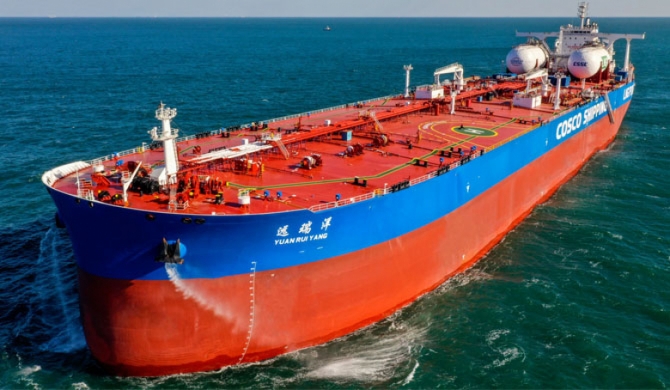Case of Sri Lanka’s ‘Nice’ missing fuel shipment

Amidst allegations of irregular deals in the oil business, comes the latest controversy: The case of a missing shipment of 40,000 metric tonnes of fuel which didn’t arrive as planned!
This shipment of 40,000 MT ordered by one of the suppliers registered with the Ceylon Petroleum Corporation (CPC) was initially due to arrive in Sri Lanka on June 23 but delayed by almost two days. It was off the shores of Sri Lanka and then seen moving away from the Colombo Port, a senior official of the CPC told the Business Times.
Power and Energy Minister Kanchana Wijesekera gave several assurances to the people confirming the arrival of this shipment but finally admitted that this deal will not materialise without giving any dates for other shipments scheduled to arrive in the island.
An investigation by the Business Times reveals that the spot purchasing contract of 40,000 MT was given to the local agent of an international Russian company in Dubai named “Laser head” by considering an unsolicited proposal. After getting the contract, the company changed the name to” Laser head India” and changed the name for a second time as ‘Nice company’ when signing the documents.
A confirmed Letter of Credit of US$ 42.6 million was opened at the People’s Bank by the CPC for the importation of this shipment, official documents revealed. No one knows what has happened to this shipment.
When importing fuel under such unsolicited proposals by new private suppliers, there was the practice of commissions changing hands among various parties connected to the transaction of this deal, Prof. Prassana Perera, who held the post of Managing Director of CPC sometime back, explained.
He noted that one of the reasons for this fuel tanker to desist from arriving at the Colombo port for unloading of fuel may be some issues relating to these commissions.
The second possible reason could be the sudden fear of exposing those involved in the deal to bring down this shipment, he suspected. Normally there were no penalty fees, conditions or guarantees in fuel imports in unsolicited deals and sometimes import agents involved in the supply of fuel for spot purchasing used to get better deals (overseas) before the already accepted delivery forcing them to turn the vessel towards such requests. This could be another possibility for this shipment to change its course of original destination, he opined.
The petroleum product brought in the shipment was of Russian origin and the supplier a Russian company and there was possibility of tracking this ship by the US forcing the Sri Lankan authorities to make the payment via the US Federal Reserve due to sanctions imposed against Russia.
This uncertainty in receiving payment for the shipment could be another possibility of the vessel to move away from the Colombo port at the last minute, he said.
